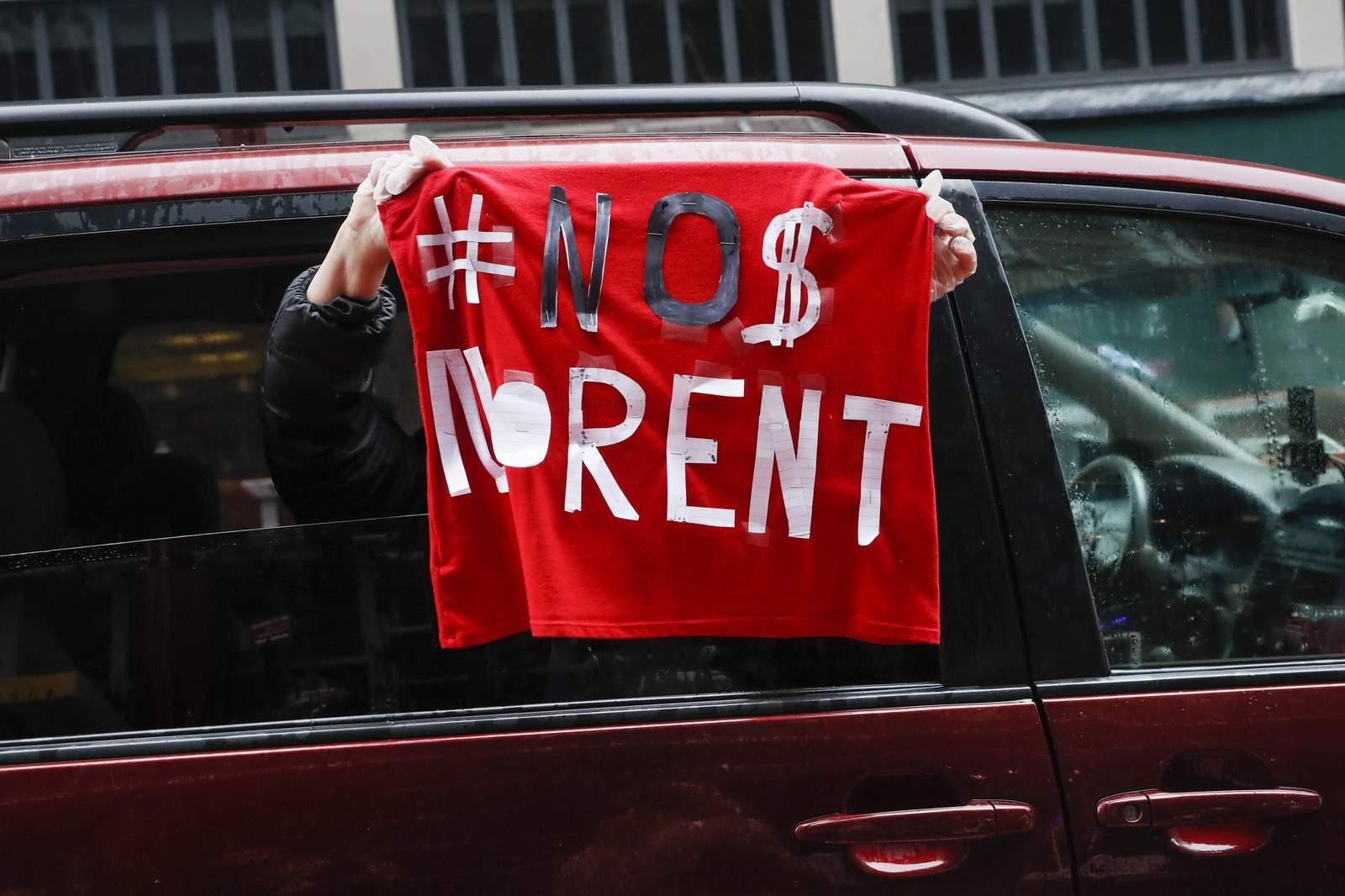This is actually the third in a series of “What’s Next.” The first was about the epidemic of lawsuits that will follow Covid-19. The second was the attendant medical effects of the pandemic, especially mental health problems.
We skipped the economic recession/depression, since that’s been overdone, but there are many other facets to explore. One is housing. Most states have put a hold on evictions, until the effects of the pandemic, although we noted that Jared Kushner’s company has been aggressive in throwing people out, and even suing tenants, which ties into this article.
Next City has an article about what you should know, if you’re a renter.
In the last month, the already daunting shortage of affordable, accessible housing in the United States has evolved into an outright emergency. The coronavirus outbreak has caused unprecedented unemployment and put millions of people at risk of being unable to pay for housing and other basic needs.
. . .the Coronavirus Aid, Relief, and Economic Security (CARES) Act. . .Included in the package was a 60-day moratorium on foreclosures on homes with federally backed mortgage loans.
Part of that plan is that if landlords receive federal aid, they may be restricted from evicting tenants, but many owners don’t take federal aid. The article notes that everyone is up in the air, and the best idea may be to just contact your landlord, and see if you can work something out.
Many hope that the issue will be addressed in future relief packages, but you can’t count on it.
As tenants, homeowners, and landlords wait for more relief, many tenant advocates have begun organizing around the general idea of a rent strike or rent cancellation.
Meanwhile, the “forbearance” programs may help, but they only put off the problem, according to the New York Post.
Someone tried calling Chase about it.
It’s not possible to talk to a live person, but I did get a recording stating that a 90-day “forbearance” policy is in place. But the three months forbearance amount is due in full after the 90-day period.
The writer offers a solution:
Rather than giving homeowners an extra 90 days to pay — which, like M.D. says, they won’t be able to handle — banks and other mortgage companies should simply add three months, or six months, or a year to the end of the present mortgage.
Unfortunately, banks often pass the actual mortgage on to a third party [the actual cause of the Great Recession—removing accountability]. He says it will require Congress to make the loan extension mandatory. That would give immediate relief to renters, while actually increasing the interest profits for landlords. Win-win.
The National Interest says all of this may lead to the “next crisis,” and that is—massive homelessness.
Our analysis shows an economic downturn as a result of the COVID-19 pandemic will dramatically increase rental stress for people with insecure or casual work. If the downturn persists this will place people in precarious jobs at higher risk of homelessness.
And, of course, the already vulnerable homeless population is even more susceptible to Covid-19.
The biggest concern within an encampment is that if COVID-19 gets in there, you have very, very few ways to mitigate the spread, to slow down the spread of that virus. And it’s likely to be spread to most people within an encampment in a very short period of time. . .
I think getting them access to food, bathrooms, hand hygiene, in a way that’s reasonably safe, physical distancing, sufficiently spread out, is absolutely essential. If we don’t do that, and COVID-19 gets into encampments, the risk of high death rates is substantial. . .
They are more vulnerable because they have weaker immune systems due to the chronic stress of not having a stable place to live, of not having good nutrition, of having more underlying health conditions. And they are in contact in congregate settings more frequently.
Of course, most of us are not homeless, but even homeowners are feeling an impact—in the real estate market, according to USA Today.
Only half of Americans say now is a good time to buy a home, marking an all-time low as pessimism spreads about the housing market amid the economic fallout from the coronavirus pandemic. . .is the lowest Gallup has measured. . .
The poll from Gallup’s annual Economy and Personal Finance poll, was conducted April 1-14 and comes with a record drop in Americans’ confidence in the economy and in their own personal financial situation. . .
Sales of new U.S. single-family homes dropped by the most in more than six years in March. The Commerce Department said Thursday that new home sales fell 15.4%, the biggest percentage decline since July 2013.
So to recap, if you own a home, you may have trouble selling it. If you’re a landlord, you may not get your rent. If you’re a renter, you may be out on the street. And if you’re already on the street, there will be more of you there, and you’ll be at a much greater risk of death from Covid-19. In a land where “The American Dream” used to include homeownerhip, all of this is very distressing.
Donate Now to Support Election Central
- Help defend independent journalism
- Directly support this website and our efforts
